Copyright 2018 Sharon LaBorde. All rights reserved.
A Golden Age Publication. Printed by Lulu Press.
All rights reserved. This book, or parts thereof, may not be reproduced in any form without written permission except by a reviewer who may quote brief passages in review, or by individual users posting online video blogs.
No great undertaking reaches completion alone. For
this work, I owe deep thanks for the input of fellow
Kemetics about their practice, including (but not
limited to): Amanda, Drew, Linda, Lotus, Nathaniel,
Mary and Peter, Rin, Romeo, Sah, Sean, Yamanu,
and Zabora. All of the people who participate in the
Kemetic Reform group have been supportive with their
enthusiasm and encouragement, as have my
wonderful YouTube viewers over these years.
I could not do this without all of you!
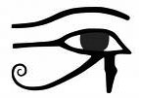
Working With Deities
What does it mean to work with a deity? Read through online discussions or comments and that phrase comes up with regularity. Some Pagans mean spell work when they talk about working with a deity, but I would admonish beginners to consider magic k and spell casting, or Heka in Kemetic traditions, as a secondary aspect of working with the Notjeru. Much of Egyptian magic k is not suitable beginners material. Heka involves energy, effort and research. To explain by example, would you rather tackle an important group project with someone youve only just met; or with someone you know, who knows you, and with whose style youre already familiar? Working heka is basically a spiritual joint project between you as the practitioner and the Gods that you invoke, so its more likely to bear results if you already have a rapport with your partners.
That example actually brings us to a better definition of working with a God or Goddess. Put simply, it involves getting to know Them and learning how to listen to Them. Different Notjeru speak to us in different ways, and They may not even speak the same way to all of Their devotees. Learning to work with a God or Goddess means figuring out how you personally connect with Them.
Chances are that, if youre reading this with a specific deity in mind, youve already had an initial encounter with Them. Many people recount having dreams, sometimes quite vivid, about a God or Goddess - or perhaps one of Their symbols. Totem animals and associations for specific deities will be addressed under Their individual entries. Still other Pagans encounter an Egyptian God or Goddess during an eclectic Wiccan ritual or a divination session, and set out to learn more about Them afterward.
That said, however, I must address one practice used in various Pagan and Kemetic traditions which, in my experience, has the potential to be dangerously misleading. Wiccans call it Drawing Down the Sun or Drawing Down the Moon; eclectic Pagans have variously called it aspecting or channeling; and the Kemetic Orthodox calls their own version saq , commonly pronounced sack or sock. All of these names describe the phenomenon of having a God or Goddess speak through an individual, temporarily inhabiting that persons body and interacting with others through it.
Skeptics, of course, would question whether or not channeling a deity is even possible. I can relate that I have seen both brief, but genuine, instances and hackneyed, overhyped attempts. Never assume that someone claiming the ability to channel (or saq ) a deity has legitimacy based solely on their reputation; I felt the Mother Goddess more clearly in the embrace of a humble Wiccan priestess from a rural coven than I did from an Indian guru celebrated around the world as the Hugging Saint. Nor is the ability to effectively channel spiritual entities commonly found, either. Temporarily allowing another spirit into ones own body does not come easily, and most of us are too firmly attached within our own bodies to allow it (and for good reason!). I have known someone for many years who has that ability, but their skill comes at the price of passing out more easily, and having nearly left their physical form permanently on several occasions.
Another complication comes from the sheer disparity in scale, spiritually speaking, between a human being and a God. Humans can channel other humans (as spirit mediums do) far more easily; and character actors channel fictional entities all the time as part of their job. But Gods and Goddess are so much older, so much more vast in Their power and experience, and yet at the same time so unfamiliar with the limitations of a flesh-and-blood body, that much of Their essence is either lost or garbled in translation when They are being channeled. Even when someone with genuine ability does the channeling, some of their own personal traits can seep through the deitys words - but a less accomplished hack will simply relate their own words and ideas as those of the Gods. Sadly, some people accept these fraudulent messages as legitimate. With this in mind, I strongly advocate that anyone seeking a relationship with an Egyptian God or Goddess (or a deity from any pantheon, for that matter) learn how to listen and encounter the Divine for themselves. Do not depend on the words and claims of some supposed mouthpiece for the Gods! Even if they relate some scrap of information that appears relevant, you still miss the fuller experience of approaching your Gods personally, one-on-one, with no one acting as a middleman or -woman.
So how does someone actually begin working with a deity? If youre reading this book, youve already taken the first step: learning . The more you educate yourself about a particular God or Goddess, the more readily you will be able to recognize Their signs. The appearance of a bird or animal, occurrence of a natural (or unnatural) phenomenon, dream imagery, or even certain fragrances could all act as heralds of a deitys presence. By familiarizing yourself with an Egyptian deitys historical attributes, you also give yourself the benefit of work already done by worshipers in ancient times. Modern Paganism continues to take the worship of the Notjeru in new directions, but the religion of ancient Egypt remains our common heritage and our starting point.
Requesting Dream Oracles
Sometimes beginners, unsure of where to go next, grow anxious looking for signs from the Notjeru. First, a word of advice: relax . Take your time, read, learn, and enjoy the journey. But if you feel the need to ask for messages via dreams, you can try taking some cues from a corpus of work known as the Greek Magical Papyri. A collection of spells and divination manuals written in Greek and Coptic that span the last centuries of antiquity, many of their prescribed methods would make modern Craft users blanch in shock. However, certain common elements occur repeatedly in the entries requesting dream oracles, without the need for sacrificial animals or bizarre ingredients. Put in a modern context, here are the most basic steps:
1. Purify yourself. Take a shower, or a scented bath if you prefer. This gives you an opportunity to not only cleanse your body, but also clear your thoughts and center yourself.
2. Light a pure white candle. In ancient times, oil lamps were not just ritual tools, but the primary means of illumination a fter dark. So when dream manua ls called for a user to extinguish their lamp - always one made of clay that was not red, because of negative associations with the color - it was time to go to bed. Here, you can light a white candle (again, to avoid any specific color associations and to symbolize purity) in your bedroom or at your altar space.

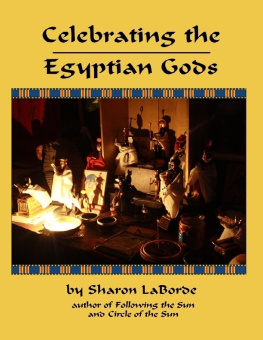
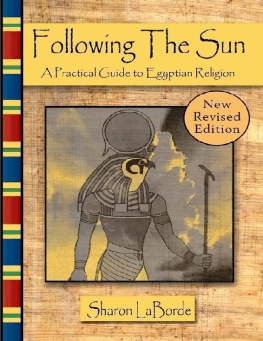
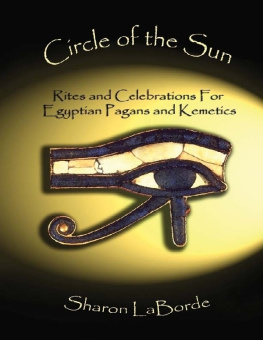

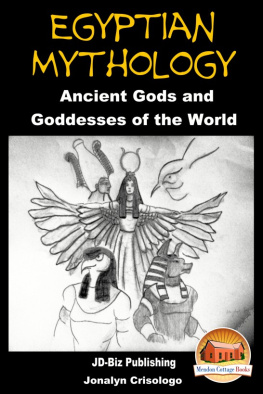
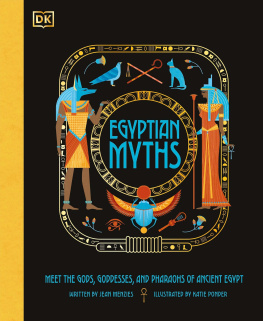
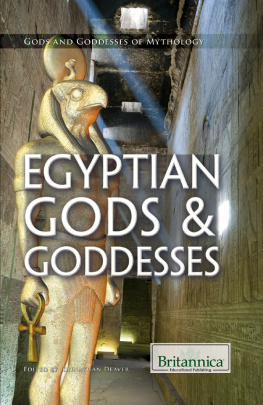
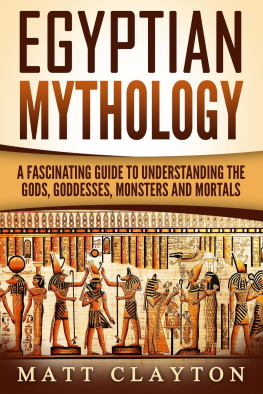
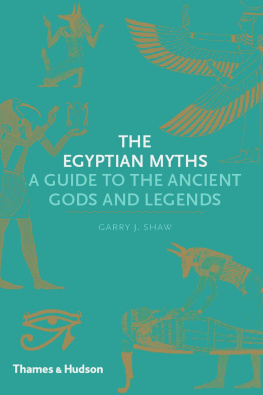
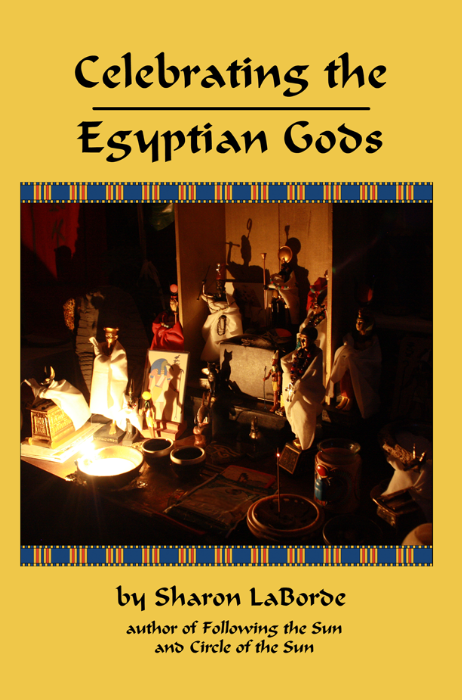 Celebrating the Egyptian Gods
Celebrating the Egyptian Gods